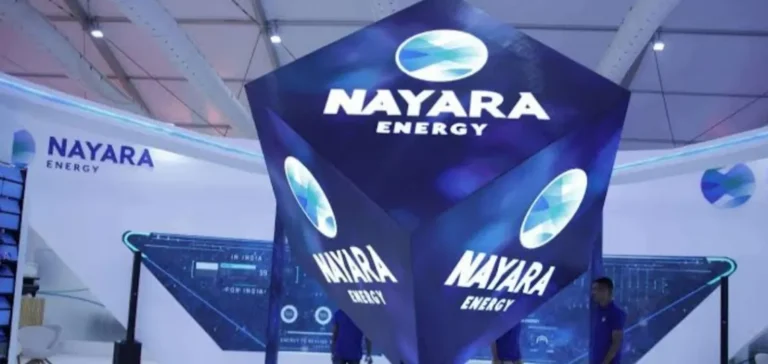Saudi Aramco and Iraq’s State Organization for Marketing of Oil (SOMO) have suspended crude oil sales to India’s Nayara Energy, according to three people familiar with the matter. The suspension follows sanctions imposed in July by the European Union on the refiner, which is majority-owned by Russian entities including oil major Rosneft.
Shipping data from LSEG and Kpler showed that Nayara did not receive any cargoes from Saudi Arabia or Iraq in August. The refinery, located in Vadinar in western India, usually imports around 2 million barrels per month of Iraqi crude and about 1 million barrels of Saudi crude.
Suspension linked to payment constraints
Two of the sources said European sanctions created payment difficulties for SOMO crude purchases. The last shipment of Basrah crude from SOMO was discharged on July 29 at the Vadinar port by the tanker Kalliopi, according to the data.
The last Saudi cargo arrived on July 18, transported by the vessel Georgios. That vessel co-loaded 1 million barrels of Arab Light and a similar amount of Basrah Heavy, according to LSEG records.
Refinery forced to cut output
With the loss of Gulf suppliers, Nayara has turned to direct Russian crude supplies. A representative of the Russian Embassy in New Delhi confirmed that Rosneft continues to deliver oil to the Indian refiner.
Amid tightening restrictions from the European Union, Nayara has been running its refinery at only 70 to 80% of its 400,000 barrel-per-day capacity. The company, which holds around 8% of India’s refining capacity, has struggled to market its fuels due to the withdrawal of several shipping companies and increased reliance on so-called “dark fleet” vessels.
Leadership changes during the crisis
Nayara’s chief executive officer resigned in July. Last week, the company announced the appointment of a senior executive from the State Oil Company of the Azerbaijan Republic (SOCAR) as its new CEO.
None of the parties involved, including Aramco, SOMO and Nayara, commented officially on the specific reasons behind the suspension of supplies.






















